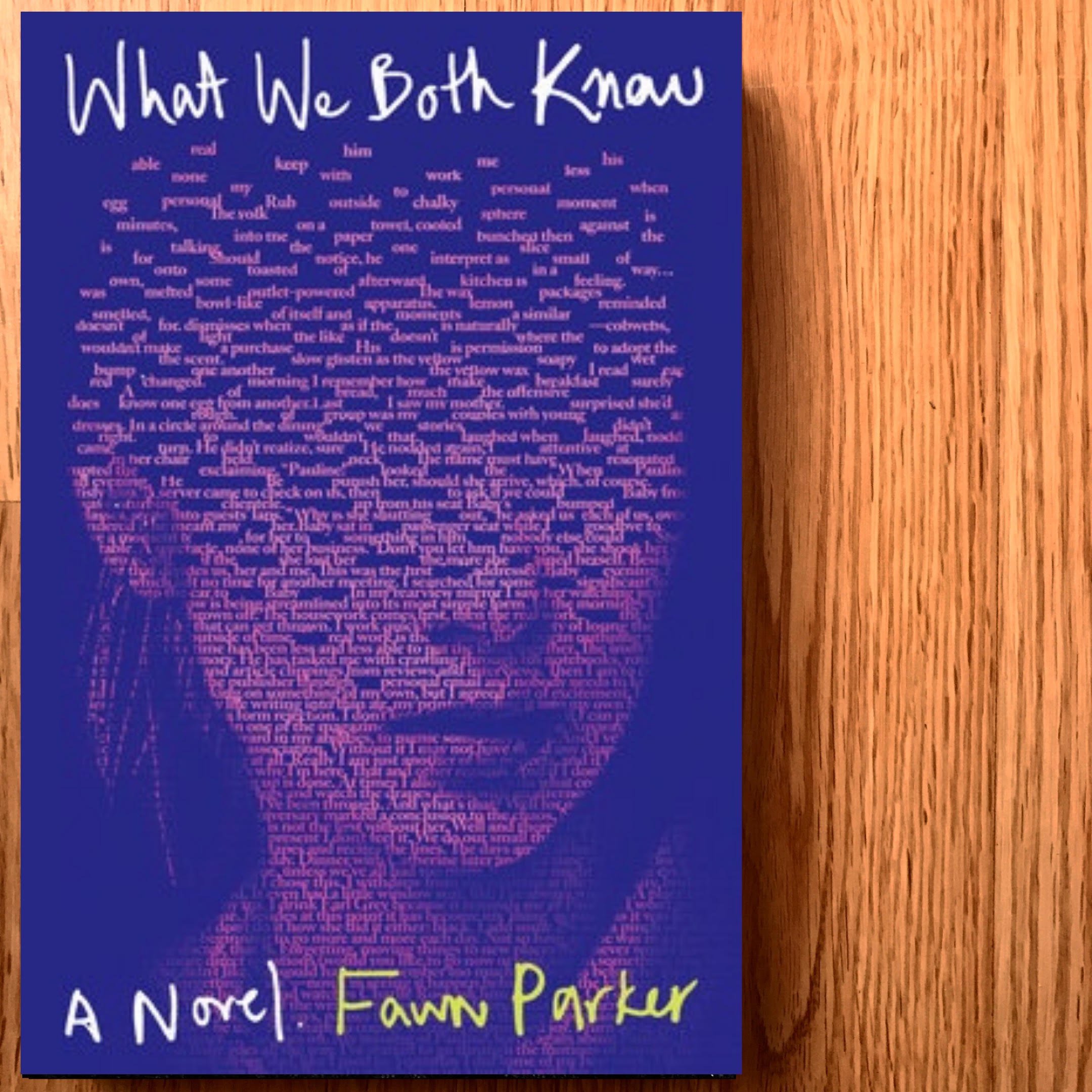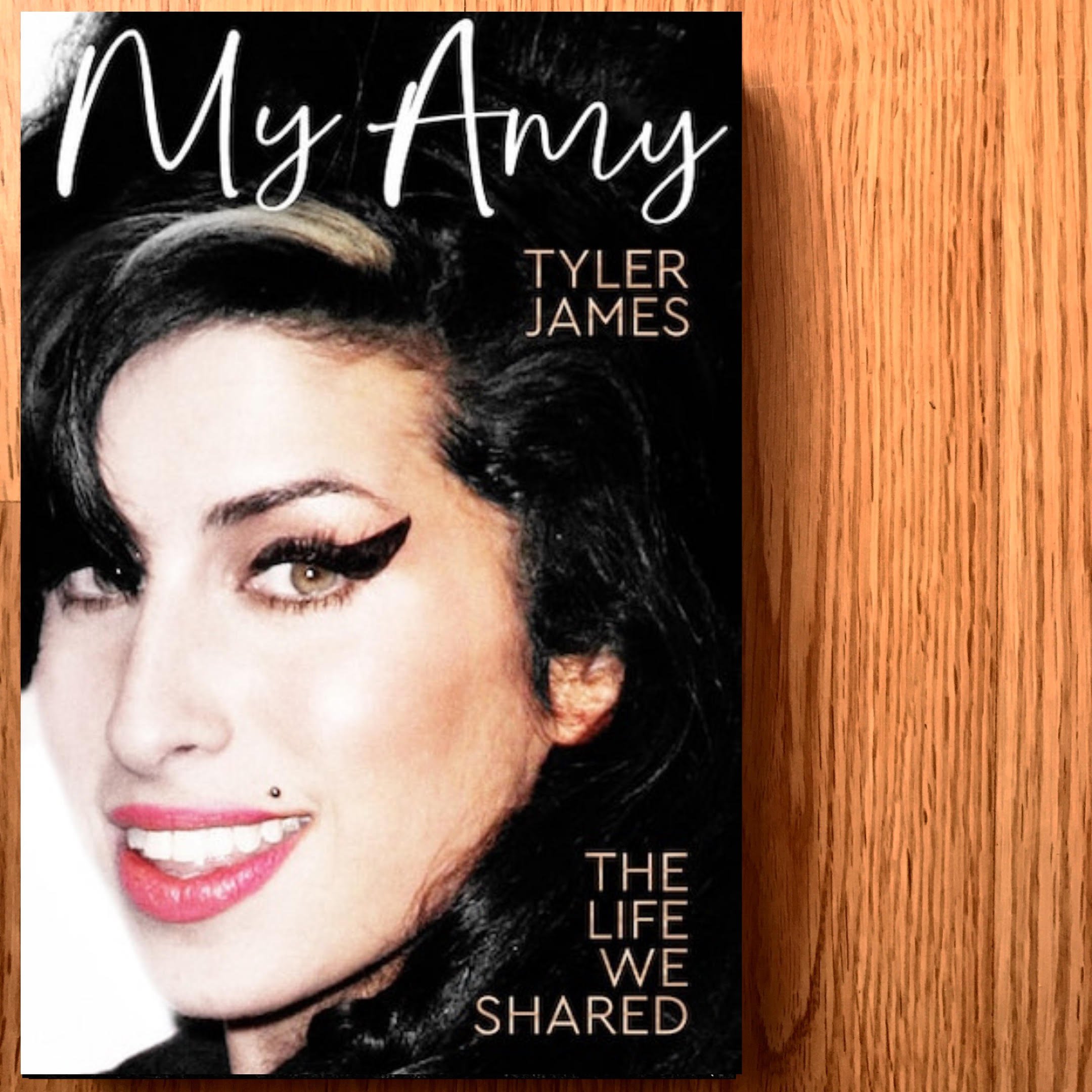With Cassandra Navratil
Photo by Alex Tran
What was the inspiration behind What We Both Know? Were any of the characters or experiences in the novel taken from your own life?
I’d written two novels and was feeling frustrated, I think. It was important to me to experiment, to really throw myself into projects and prioritize truth and emotion and creative process. I’m not someone who generally cares about structure or careful plotting or anything. I don’t really have the MFA brain. But the feedback I was getting from friends and colleagues was making me feel claustrophobic. I felt almost like my friends were trying to “level” with me, as if they wanted me to admit, yes, these books were bad, but the exciting part was my potential! Maybe that doesn’t make any sense. Or maybe it’s a woman thing? But so I decided to write what I called, during the writing process, a “Penguin book.” I don’t mean any offence to the major publishers, really. I’m so grateful to have been published by M&S and to have their support. I guess what I mean is I resigned myself to writing something that felt more structurally sound, more clean, so people would be more open to what I’m trying to say. I learned that pure expression is not always coherent to an outsider. And I love this book because it’s full of real feelings, but the original inspiration came from a place of trying to make what I actually wanted to do more palatable. I wanted to stop feeling like everyone’s kid sister. Oh no, I didn’t answer your question did I…
Some of the characters share traits with real people I know, but for the most part they’re fictional. I was excited by the idea of writing a protagonist who isn’t really anything like me. Of course some of my real experiences always work their way in, but for the most part this book feels very separate from my life.
Your novel explores the difficult topic of adult children to care for and navigate elderly parents with Alzheimer’s. Was this a topic that you were familiar with, or did you have to do research? If so, did you have any particularly helpful resources?
I’m not familiar with Alzheimer’s personally though it is in my family. When I was writing this book I didn’t feel I was basing any of it off of my real life, but looking back, I do think some of the questions and emotions in the story come from my experience caring for my mother in the final years of her life.
I did have to do some research into medications and typical timelines, but for the most part I tried to keep things vague enough that no one could assign Baby any particular diagnosis.
Which character do you feel you can relate to the most in your story, and why? Were any structured after people in your personal world or were they pure creation without a source?
Perhaps what I liked about writing this book is I don’t really relate to any of them! Of course Hillary’s narration is first-person, so her thoughts and feelings come from within me, but I don’t feel that we’re too similar. It might be too morbid if I say Pauline!
Your writing style in this novel is quite unique, in that Hilary’s stream of consciousness from the beginning leaves us with very little information about the main characters and what is happening. We, as readers, are left to make assumptions and be patient as more is revealed. What made you choose to reveal certain plot points and elements more slowly in this story and how did this style of storytelling alter the way in which you wrote? Was this a conscious decision to reveal details this way?
Forgetting is an important part of this story, in my opinion. I don’t think Hillary always has a strong handle on what has happened to her or even what’s happening in present. I wanted readers to be there with her, to not have more information than she herself has, because that seemed unfair.
What are you hoping that readers take away from this novel? Is there a lesson or lessons to be learned through Hilary’s experiences? What lasting impressions are you wanting to leave with them?
I’m not sure. I always write in the hopes that people will feel less lonely, or feel understood. This novel is very sad but I think every character has something beautiful in their life.
What is your writing process like? Are you the type of writer who starts writing and doesn’t quit until they are finished, or do you prefer to write in small chunks and take breaks between?
My writing process is a sickness. I try to take breaks and all of a sudden I’m typing a note in my phone, or writing on the back of a receipt. When I’m working on a larger project I can’t relax until I’ve hit my word count for the day. I need a break! Help!
Do you have anything else in the works right now, or are you taking a bit of a breather now that What We Both Know was just released?
I have a novel called Hi, it’s me coming out in 2024. In the meantime I’ll be working on my PhD and putting together a collection of poetry with Jim Johnstone at Palimpsest Press.
What advice would you give to aspiring authors who are trying to navigate the publishing world?
Don’t take advice from your competition! In fact don’t take advice from anyone. I like to listen to writers talk about writing, and talk to writers about writing, but I don’t like personal advice. Of course if you’re in a workshop, or a class, that’s the whole point, right. And if you’re working with a literary editor that’s it’s own thing. But your work comes from inside you. It’s a very delicate thing sometimes, and you can’t trust just anybody to hold it. Sometimes I think of writing like being pregnant, and I want the project to at least be able to survive outside of me before I let anyone at it. You know what you need to do better than anyone. I think writing 500 stories you’re unhappy with is infinitely more valuable a learning experience than one person chopping up your story and trying to change it. Anyway don’t listen to me. I don’t know anything.
Lastly, what is your “must-read” book recommendation and what book or author has had the most impact and influence on your writing?
Harrow by Joy Williams! Incredible!!!







